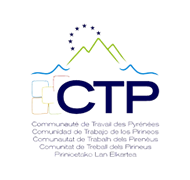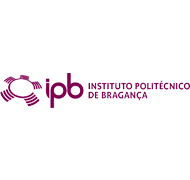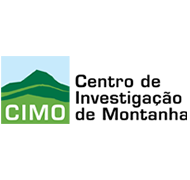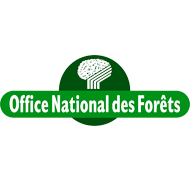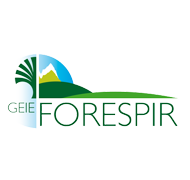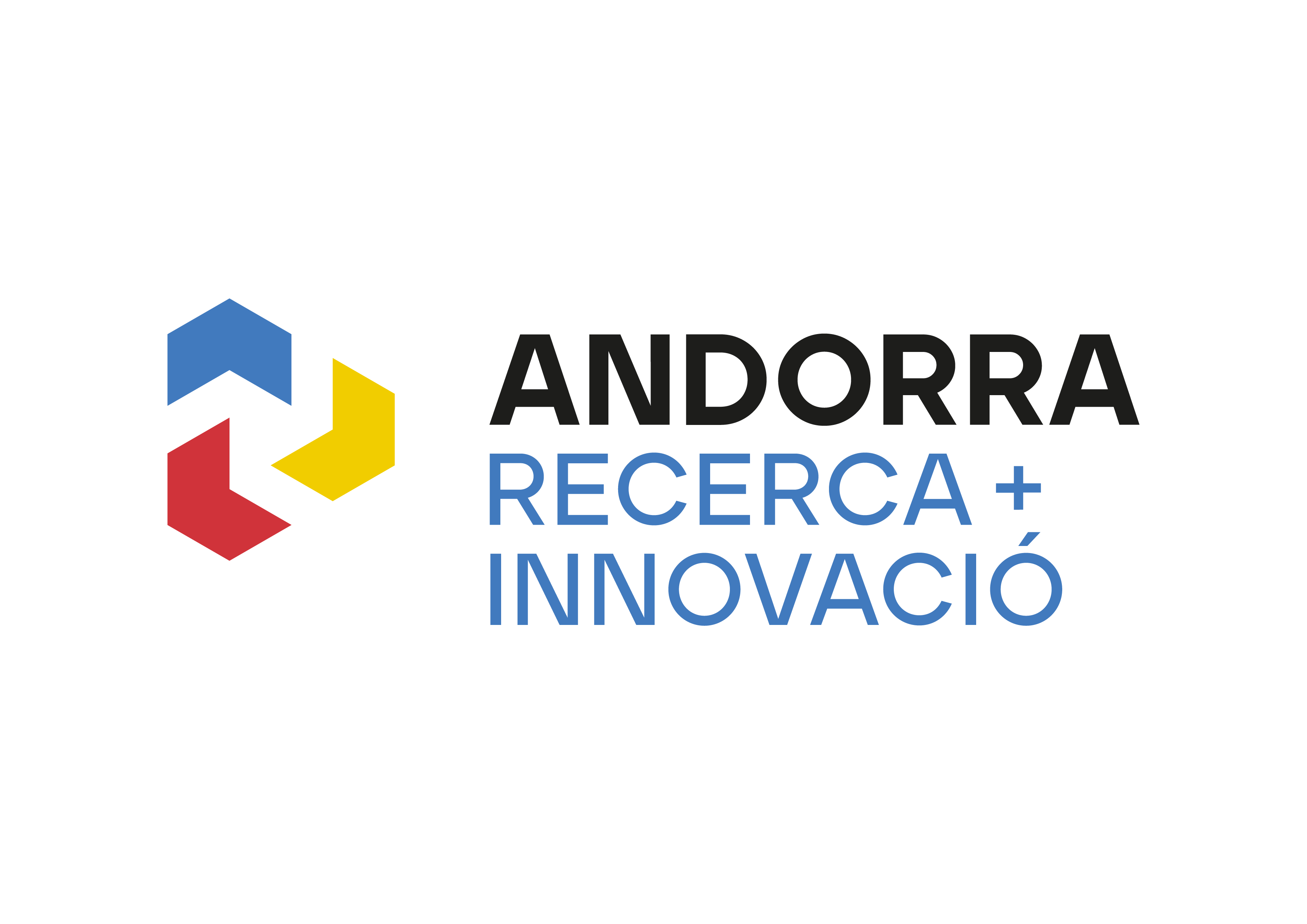Date: Mardi, 20 octobre, 2020 - Mercredi, 21 octobre, 2020
Organise: CTP, CREAF, NEIKER TECNALIA, CESEFOR, INSTITUTO POLITÉCNICO DE BRANGANÇA, FOREST NATIONAL DES FORETS, GEIE FORESPIR, CEREMA, INSTITUT D'ESTUDIS ANIDORRANS, CIMRL
Web: www.montclima.eu
Location:
Soria (Spain)

Access to Registration Form
Objective:
The transnational seminar focuses on defining the link between the risks of drought, floods, erosion and forest fires in the mountains of the SUDOE and the impact of climate change on these four risks. The progress of the MONTCLIMA project, which aims to improve governance and management of natural risks through the transnational cooperation and the development of a common risk management and prevention strategy.
One of the pillars on which the project's approach is based is the capitalization of successful cases of forms of governance and practical initiatives for the prevention and management of natural risks. Especially those that consider the link between increased climate variability and natural risks in the mountains of the SUDOE space.
It is therefore essential to identify virtuous examples and good practices in natural risk management and prevention that have been implemented or are planned.
The main themes, although not the only ones, are the following:
- Case studies of implementation of nature-inspired measures (NBS)
- Examples of good governance practices in the management and prevention of natural risks in mountain areas (fires, erosion, droughts and floods)
- Virtuous examples of multi-risk management systems
- Tools and platforms for natural risk management in mountain areas
- Prevention and governance initiatives including the cross-border dimension
- Innovative initiatives in early warning and detection systems for existing and emerging risks
- Methodologies for calculating risk levels that consider projected variables (climate projections)
- Examples of governance that integrate climate change adaptation into their risk management and prevention schemes
A Selection Committee made up of experts from France, Spain, Andorra and Portugal will select the 5 most virtuous practices on the basis of predefined selection criteria (geographical scope, relevance, territorial representation, subject matter addressed, representativeness of the risk addressed and novelty). These 5 cases will be invited to present their experience during the day of 21 October. The organization will assume the cost of accommodation and public transport for the speakers. The rest of the good practices received will be valued in the MONTCLIMA platform's good practices tool.
Who can present their good adaptation practice?
Any person, public, private or individual entity that has been or is being involved in a good practice in the management and prevention of natural risks in the SUDOE territory.
What are the criteria?
Good practices in natural risk prevention management range from early warning systems to the implementation of concrete measures in the field, including measures aimed at improving knowledge or the implementation of new risk calculation methodologies that integrate climate variability.
In this call for good practices we will give priority to virtuous examples that illustrate how climate variability is integrated into risk assessment and management methodologies, especially in mountain areas, examples of governance of natural risks at a transnational level, management schemes that consider the concept of multi-risk and case studies of management and prevention measures based on ecosystem services.
In particular, good practices should:
- Have been or are being implemented in the geographical context of the SUDOE (Southern France, Spain, Portugal, Andorra and Gibraltar)
- Of real application; measures or initiatives of management and prevention of risks already implemented or that are in phase of implementation.
- have been designed and applied to reduce or prevent any of the natural risks under study (droughts, erosion, floods and forest fires)
- There must be accessible information on the good practice; the initiative must have a detailed and accessible source of information on the good practice in question, preferably in several languages (English, French, Portuguese and Spanish).
How to present the good practice?
Candidates must fill out this excel file with the required data (in French, Spanish, Portuguese or English), and send it by e-mail to Info@montclima.eu
What's the deadline?
The deadline for submission of good practices is 1 September 2020.
Program, 20th October
| LUNCH | 14:00 - 15:00 |
|
INSTITUTIONAL OPENING Yolanda de Gregorio Pachón (Territorial Delegateof the Administration Council in Soria) Pablo Sabín (Director of Cesefor ) Jean-Louis Valls (Director of the Working Community of the Pyrenees) |
15:00 - 15:30 |
|
BLOCK 1: MANAGING THE NATURAL RISKS AND THE CLIMATE CHANGE THROUGH TRANSNATIONAL COOPERATION: THE EXAMPLE OF THE ALPS Lucca Cetara (EURAC Research) |
15:30 - 16:00 |
| BLOCK 2: PROGRESS ON THE MONTCLIMA PROJECT ACTIONS | 16:00 - 16:15 |
|
STATE OF THE ART OF RISK MANAGEMENT PRACTICES IN THE SUDOE. KEY ISSUES FOR PROGRESS Manuel Feliciano (Instituto Politécnico de Bragança-IPB) |
16:15 - 16:30 |
|
TOOLS FOR THE ANALYSIS OF VULNERABILITY TO NATURAL HAZARDS IN MOUNTAIN AREAS Nacho Campanero (Cesefor) |
16:30 - 16:45 |
|
TECHNICAL AND LEGAL ANALYSIS. FROM NATURAL RISK MANAGEMENT IN THE SUDOE MOUNTAINS Didier Felt (Center for studiesand expertise onrisks, environment, mobility and development - CEREMA) |
16:45 - 17:00 |
|
WHY A TRANSNATIONAL FRAMEWORK OF RISK MANAGEMENT AND PREVENTION IN THE SUDOE MOUNTAINS? Sébastien Chauvin (FORESPIR) |
17:00 - 17:15 |
| COFFEE BREAK | 17:15 - 17:45 |
|
WORKSHOP: ORIENTATION AND CO-CREATION OF MONTCLIMA ACTIONS Moderator: Xavier Carbonell (ARC Environmental Mediation) |
17:45 - 19:15 |
| PARTNERS AND SPEAKERS DINNER | 20:30 |
Program, 21th October
|
GOOD PRACTICES IN TRANSNATIONAL COOPERATION FOR NATURAL RISKS MANAGEMENT IN MOUNTAIN AREAS Slieve Donard Footpath Management Project Marc Viñas (National Trust) Climate change and forests adaptation in the Pyrenees: CANOPEE project. Ramón Copons (IEA-CENMA) SECURUS project: strengthening user safety at cross-border mountain paths in the Pyrenees. Santiago Fábregas (AECT Espacio Portalet) Erosion risk management to mitigate the impacts of climate change Alejandra Morán (Centre Tecnològic Forestal de Catalunya) Forest management to deal with fire risk in a context of climate change. Pedro Muñoz Barco (Junta de Extremadura) INTURPYR project: creation of a cross-border network of ravines considering hydraulic risks. Santiago Fábregas (AECT Espacio Portalet) |
9:00 - 10:45 |
|
CONCLUSIONS AND ORIENTATIONS: LESSONS LEARNED Eva García-Balaguer (CTP - OPCC) |
10:45 - 11:00 |
|
BLOCK 3: FIELD VISIT GUIDED TOUR OF THE PROVINCIAL FORESTFIRE COMMAND CENTER IN SORIA Guide: José Antonio Lucas (Head of theTerritorial Environment Service of the Junta deCastilla y León in Soria) |
11:00 - 13:15 |


